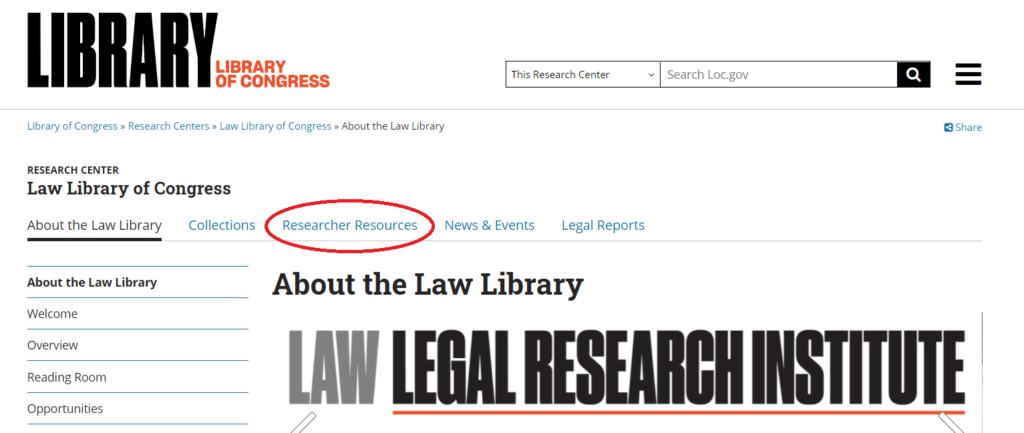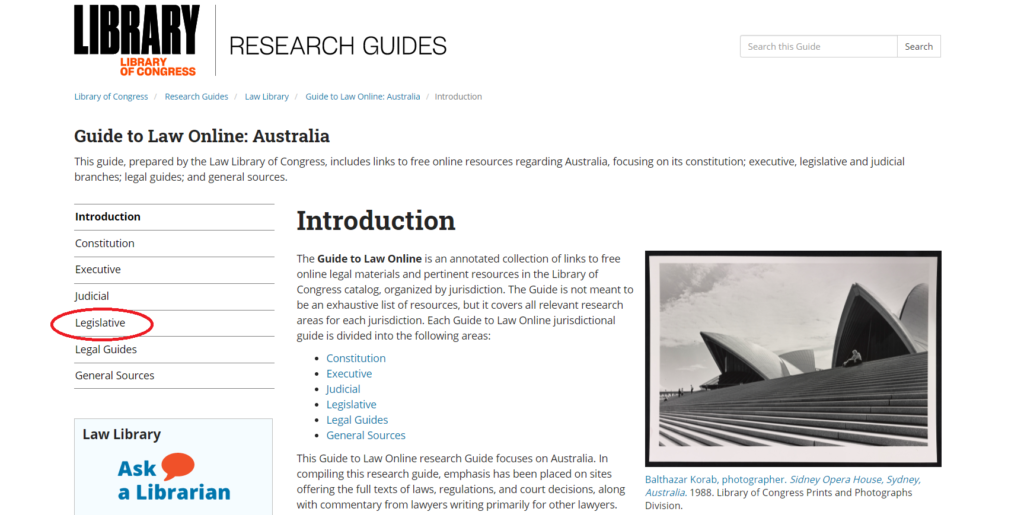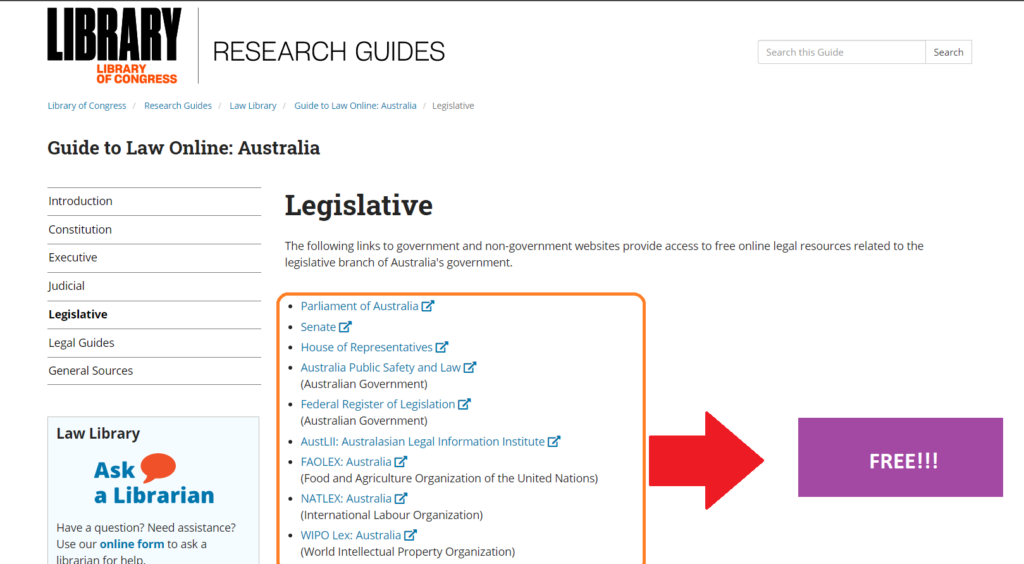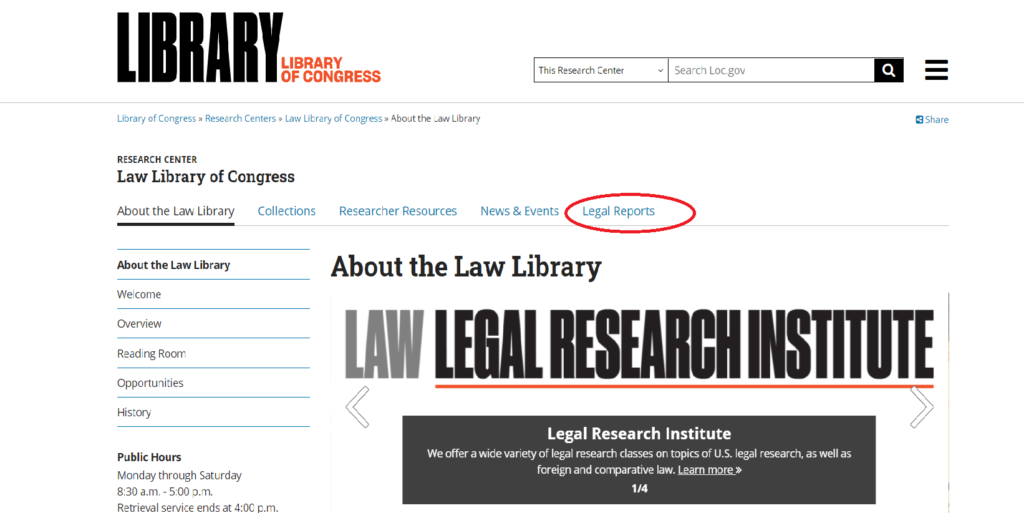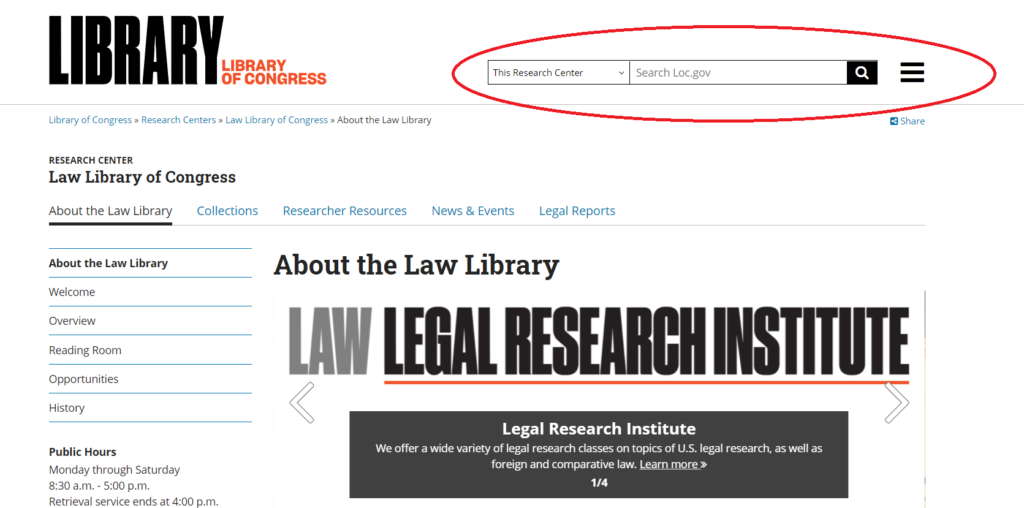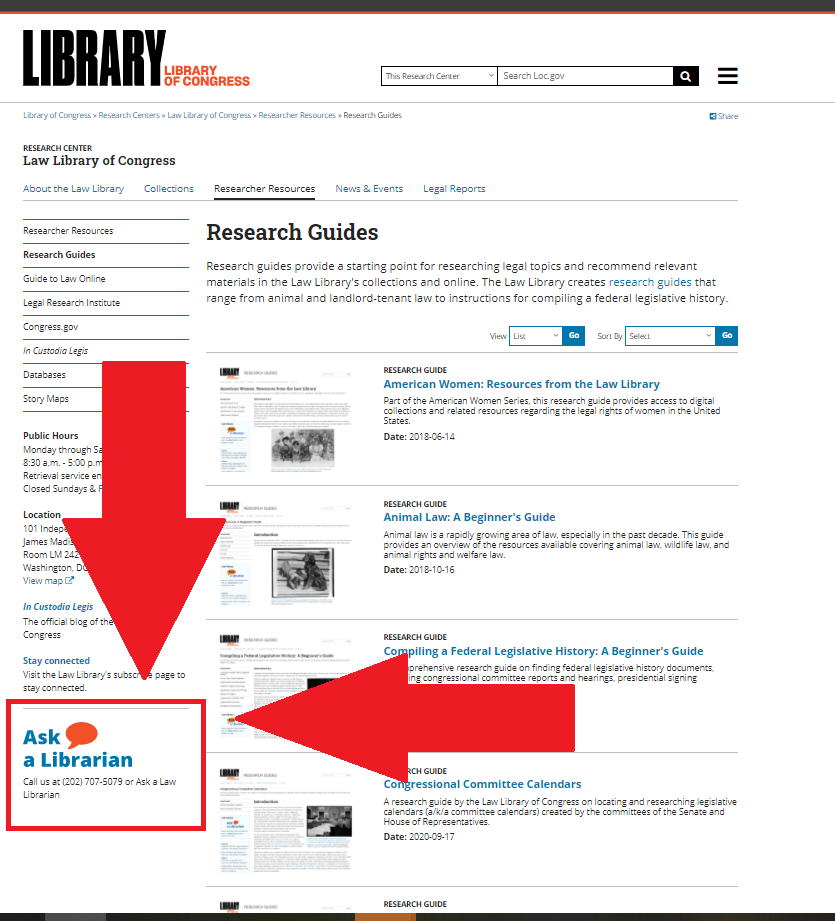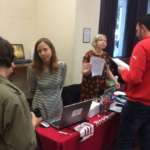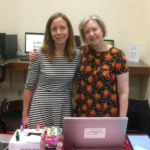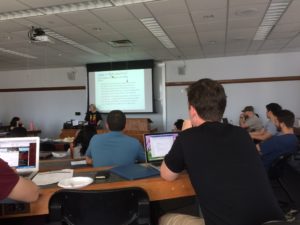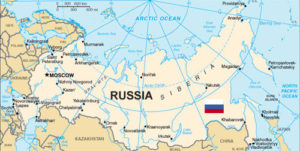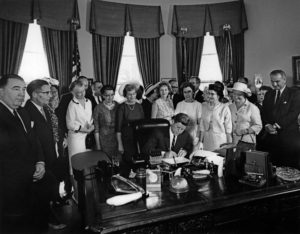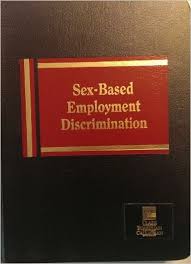Note: BLS students, faculty and administrators can access the sources below on campus, in BLS housing, and elsewhere off campus if one has implemented the BLS proxy instructions.
Cambridge Compendium of International Commercial and Investment Arbitration
- In BLS Library’s SARA catalog record, click: ACCESS ONLINE VERSION – CAMBRIDGE.
- Preface states: “Like an encyclopedia, the Compendium contains [67] entries for most of the foundational principles and concepts underlying arbitration.” Each Compendium entry provides an overview of key issues. Footnotes in an entry highlight many more sources.
- Either search this Compendium by keyword(s) + link to search results or skim the table of contents + link to a potentially useful entry.
- Re. the “Related content” to the right of each Compendium entry: BLS researchers will need to search SARA catalog (by a book’s title) or SARA catalog’s “Find a Source” tool (by a periodical’s title) to determine if BLS Library provides a related source. (Contact askthelibrary@brooklaw.edu for help.)
- Publication of this online Compendium occurred in Feb. 2023.
Elgar Encyclopedia of Environmental Law
- In SARA catalog record, click: ACCESS ONLINE VERSION – ELGAR.
- Comprises 12 reference volumes organized around “top level” subjects (e.g., water, energy and climate change).
- Expand the table of contents to identify pertinent chapters. Chapter authors are “international experts.”
- Publication of this Elgar Encyclopedia occurred on Mar. 30, 2023.
Elgar Encyclopedia of Human Rights
- In SARA catalog record, click: ACCESS ONLINE VERSION – ELGAR.
- Includes 340+ entries on the study and practice of human rights. Entries include bibliographies.
- Click a letter of the alphabet in the table of contents or use “Search within Book” feature (on right).
- Publication of this Elgar Encyclopedia occurred on Sept. 6, 2022.
Max Planck Encyclopedias of International Law
- In SARA catalog record, click: ACCESS ONLINE VERSION – OXFORD.
- Provide 1,700+ peer-reviewed articles on key international law topics. Contain articles from both Max Planck Encyclopedia of Public International Law and Max Planck Encyclopedia of International Procedural Law. Articles highlight many primary legal sources and include bibliographies.
- Tab: Subject lists articles arranged by topic. Also, use the search box (top right).
- Tip: Be aware that articles have different dates. Example: article Vienna Convention on the Law of Treaties (1969) states: “last updated: March 2023.”
Hundreds of additional resources to support international law paper topic research and development appear in these two publicly-accessible BLS Library guides:
Paper Topic Selection: International (focus: sources to identify new developments)
Paper Topic Development: International (focus: tools to identify articles, books, treaties, UN documents, jurisprudence and other sources)
BLS librarians want to help! Contact us to obtain more information about library sources and services:
- Email us: askthelibrary@brooklaw.edu
- Text us: 718-734-2432


